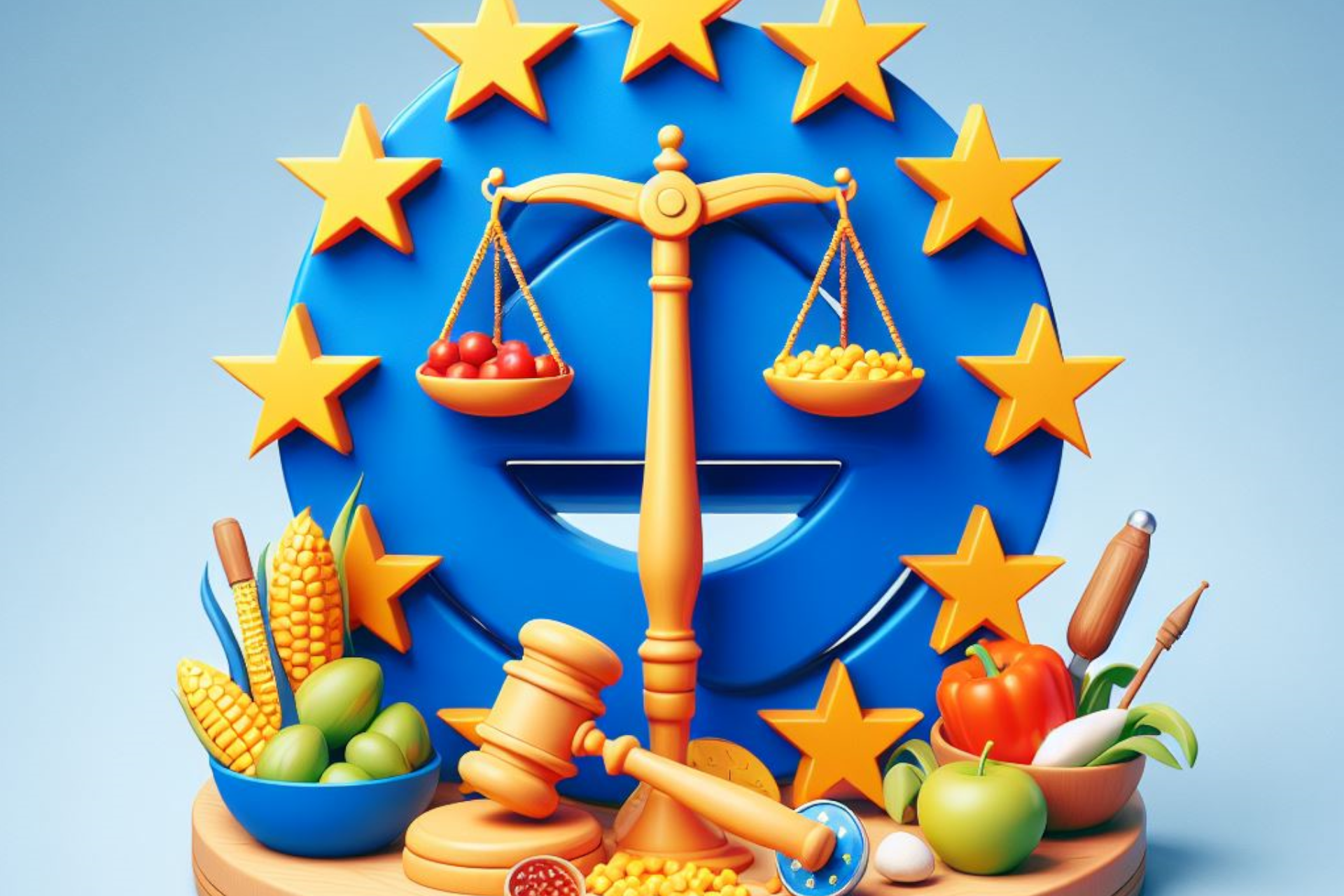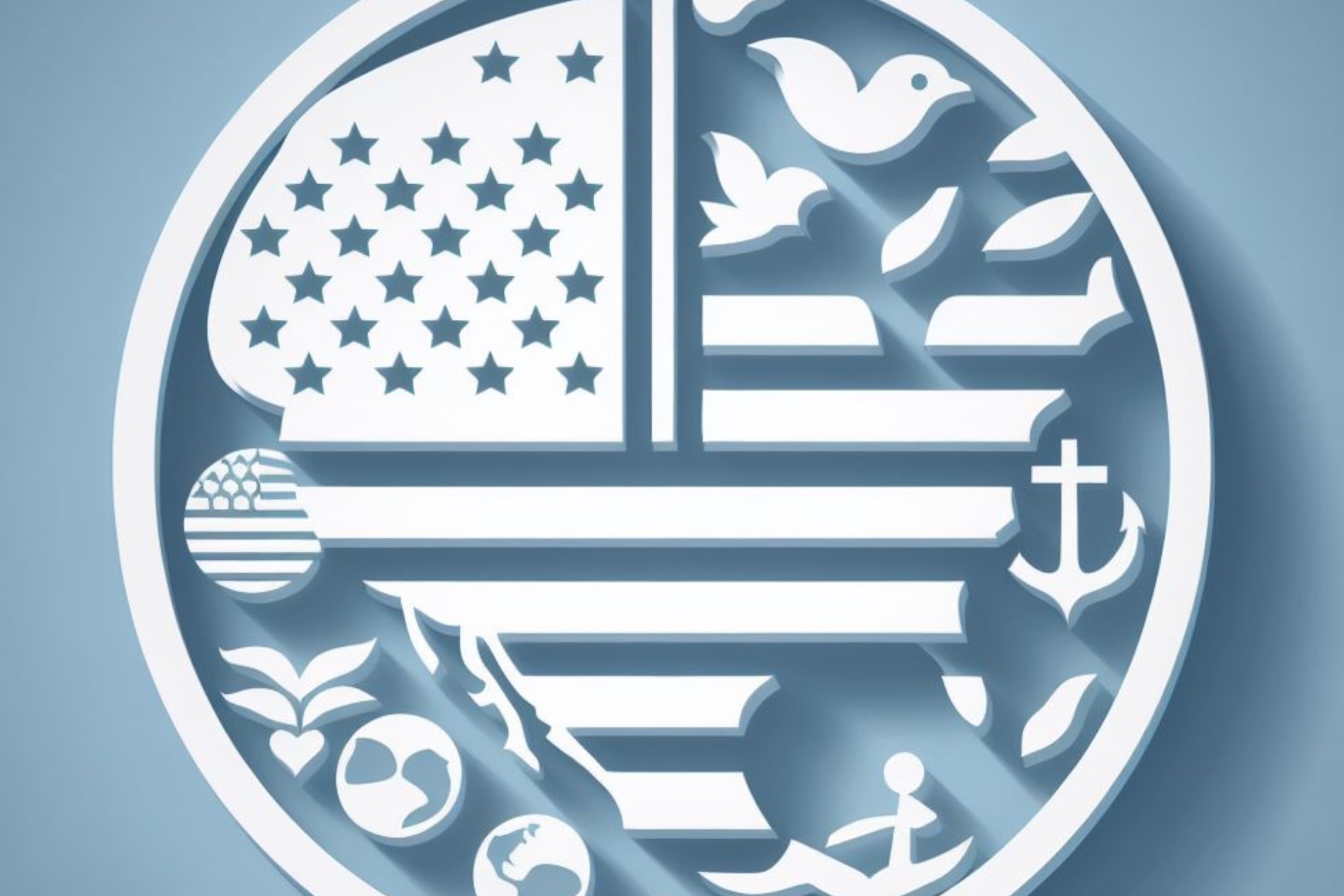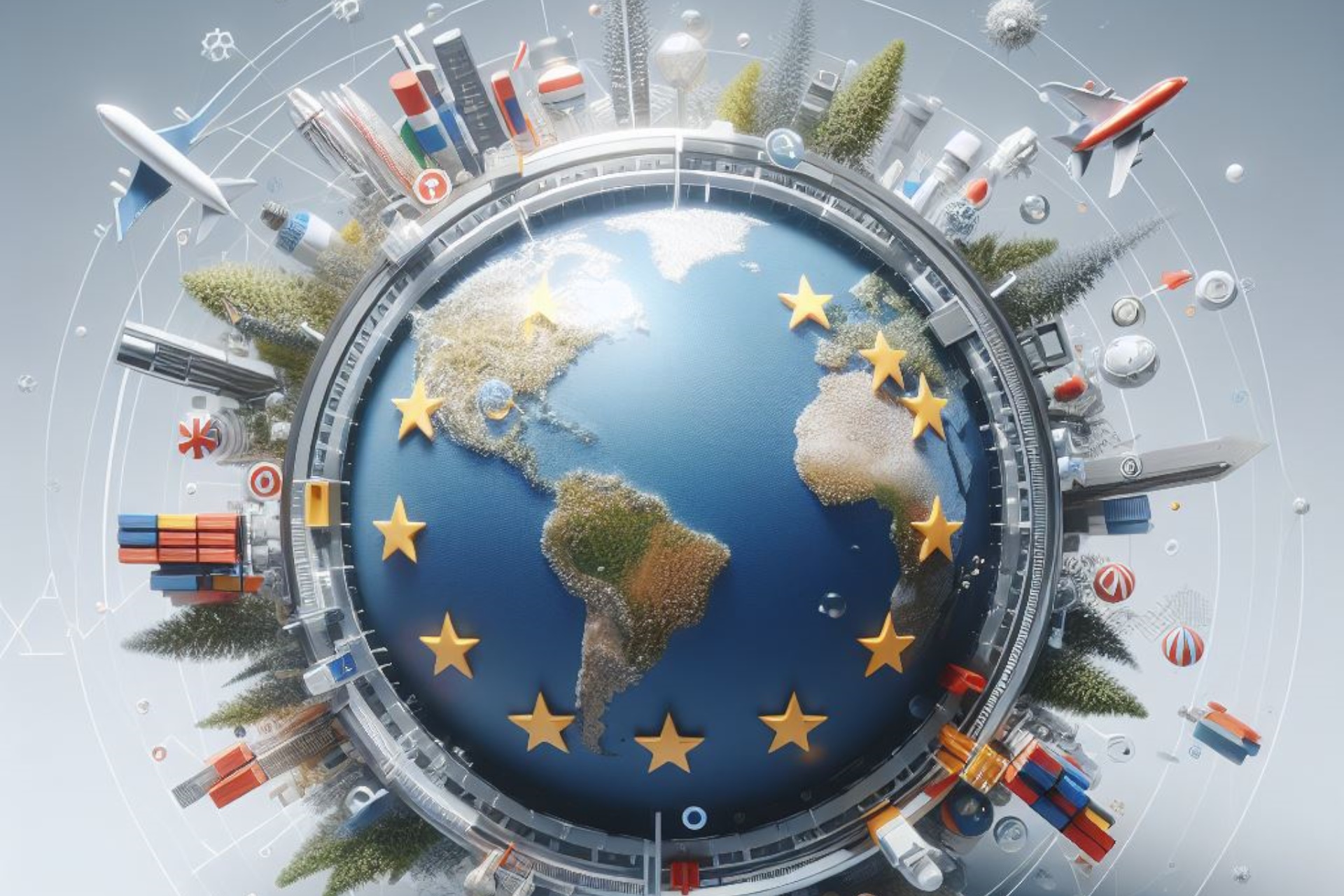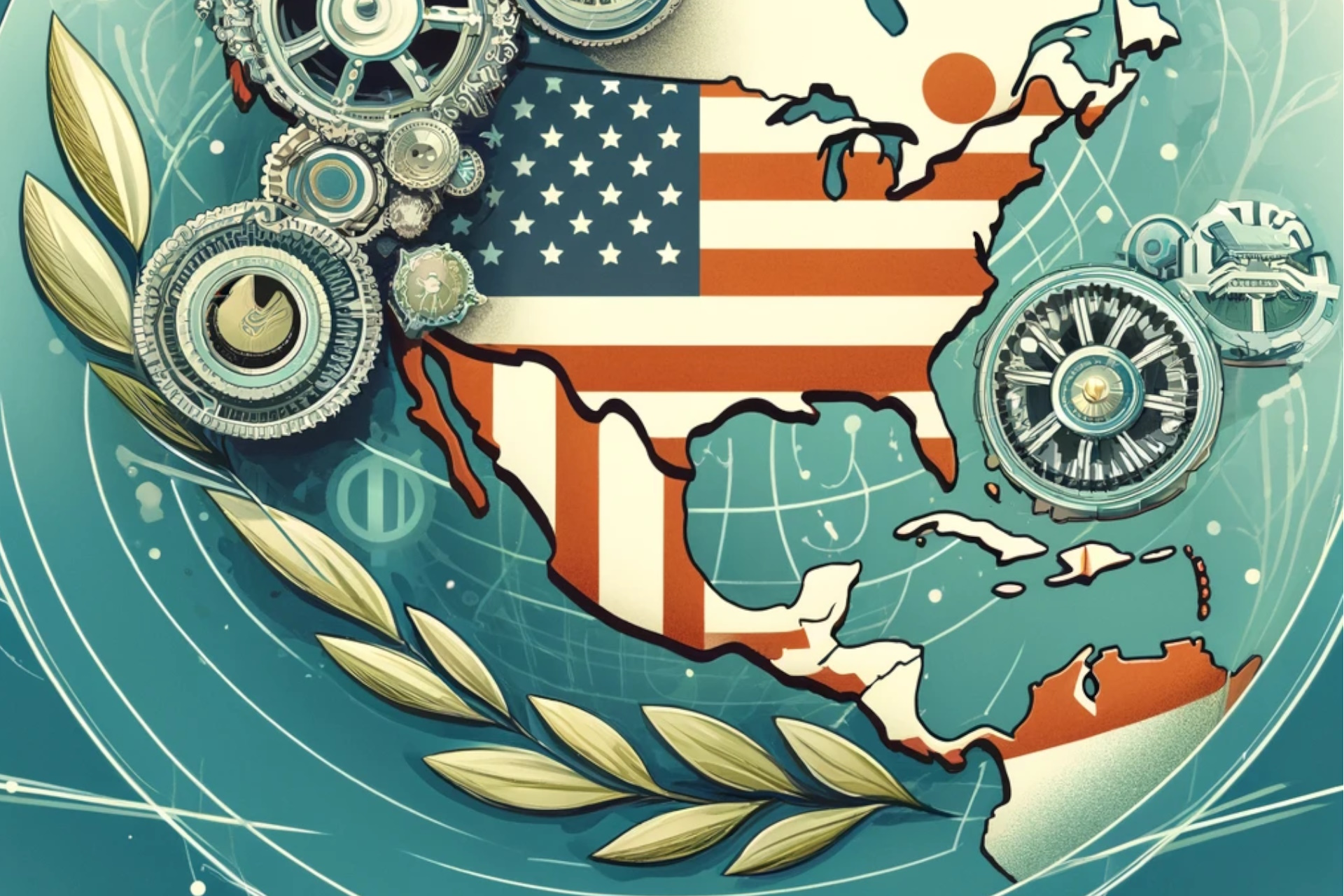In today's interconnected world, where borders blur and markets span continents, the need for ethical cross-border trade practices has never been more critical. Recognizing this imperative, Europe stands at the forefront, championing a framework of responsible commerce that balances economic growth with ethical considerations. From fair labor practices to environmental sustainability, Europe's efforts in promoting ethical cross-border trade practices serve as a beacon of responsibility for the global community.
One of the cornerstones of Europe's commitment to ethical trade is its stringent regulations aimed at ensuring fair labor practices. Through initiatives such as the European Union's (EU) Generalized System of Preferences (GSP+), which grants preferential trade treatment to countries that ratify and implement international conventions on human rights, labor rights, and environmental protection, Europe incentivizes adherence to ethical standards. By prioritizing partnerships with nations that uphold fundamental rights in their labor force, Europe fosters an environment where exploitation is condemned, and fair wages and working conditions are upheld.
Furthermore, Europe places a premium on environmental sustainability in cross-border trade. The EU's eco-labeling scheme, for instance, empowers consumers to make informed choices by identifying products with lower environmental impacts. By encouraging sustainable production methods and promoting eco-friendly products, Europe not only reduces its ecological footprint but also sets a precedent for responsible consumption globally. Through policies such as the Circular Economy Action Plan, which aims to promote resource efficiency and reduce waste, Europe showcases its dedication to building a sustainable future through ethical trade practices.
In addition to regulatory frameworks, Europe fosters a culture of transparency and accountability in cross-border trade. Initiatives like the EU Timber Regulation and the Conflict Minerals Regulation require companies to exercise due diligence to ensure that the products they trade do not contribute to deforestation or human rights abuses. By holding businesses accountable for their supply chains, Europe reinforces the notion that ethical considerations must underpin every transaction, regardless of geographic boundaries.
Moreover, Europe actively supports capacity building and education initiatives to empower businesses, especially small and medium enterprises (SMEs), to engage in ethical cross-border trade. Programs such as the EU Trade Helpdesk provide practical guidance and information on trade regulations, market access, and ethical standards, enabling SMEs to navigate international trade with integrity. By equipping businesses with the knowledge and resources to adhere to ethical practices, Europe fosters a culture of responsible entrepreneurship that drives sustainable economic development.
#Europe #EthicalTrade #CrossBorderCommerce #Sustainability #FairTrade #ResponsibleBusiness #TradeRegulations #EnvironmentalEthics #LaborRights #Transparency #Accountability #GlobalEconomy #EUInitiatives #SMEs
Read more views

















































































